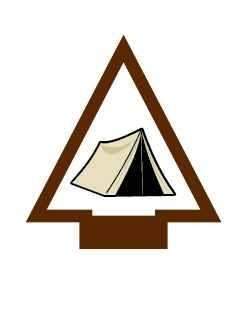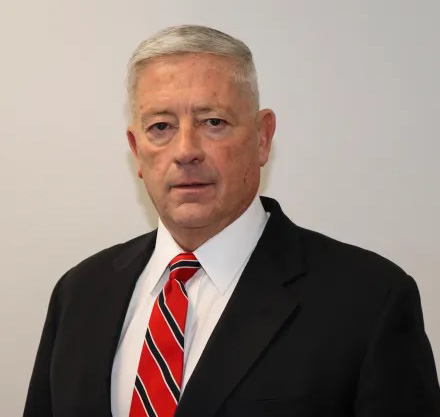Feedback
Feedback
Please provide feedback on your experience of this adventure or activity
Report Quality Assurance
If there are errors or issues with this adventure/ activity, please go to the Report Quality Assurance Page.
Adventure/Activity Feedback Form
This feedback helps identify things den leaders like and opportunities for improvement.
Safe Food Handling and Clean Up
Print This Page
Arrow of Light – 5th Grade
Outdoor Adventurer
Outdoors
Required

Requirement 7
Safe Food Handling and Clean Up
Arrow of Light – 5th Grade
Outdoor Adventurer
Outdoors
Required

Requirement 7
Safe Food Handling and Clean Up
Snapshot of Activity
Cub Scouts learn about safe food handling and use the three-pot method for meal clean up. method for cleaning
Travel
5
5
5
If you want to know more about The Adventure Activity Key click here.
Supply List
- Ice chest, filled with ice
- Large plastic box with lid
- Antibacterial wipes
- Hand sanitizer
- Cutting board
- A dishwashing spot that’s at least 200 feet from any sources of water
- Hot water at least 160 degrees (Pro tip: start heating your wash water before you sit down to eat)
- Three plastic tubs
- Biodegradable dish soap
- A dish brush/scrubber or two
- Hot tongs for dipping plates and spoons into the hot rinse
- Bleach or sanitizing tablets
- Ground cloth, towel, mesh bag or lightweight hammock for air-drying
Directions
Before the campout:
- Read the Aaron on Scouting blog “The three-pot method: This is how to wash dishes at a campsite.”
- Gather the required gear and materials.
- Make sure that the campsite has water nearby.
Before the meal:
- Gather the Arrow of Light Scouts and share with them that before anyone starts using the camp kitchen, we want to keep things clean and safe.
- Have Cub Scouts wash their hands and then use hand sanitizer before touching food.
- Ask Cub Scouts what items need to stay cold and put in the ice chest.
- Meat
- Cheese and Dairy
- Eggs
- Fruits and vegetables if the outside temperature is above 60 degrees
- Review with Cub Scouts that the ice chest needs to remain closed and is only opened to get an item or put an item back. Leaving the ice chest open dramatically changes the temperature. Inform them that the ice will melt and that items in the ice chest should be in waterproof containers like a zip lock bag.
- Show the Arrow of Light Scouts the cutting board. Inform them that when you cut raw meat on a cutting board you are not to use it again until it is cleaned and sterilized. This prevents what is called cross-contamination where bacteria from raw meat gets onto food that is going to be eaten. This also goes for knives. A knife that is used to cut raw meat is not to be used again until it has been cleaned and sterilized. When in doubt, clean it.
- Cover other conditions for food safety based on the weather.
After the meal:
- Prepare the three-pot cleaning method by:
- The first bin contains hot, soapy water.
- The second is filled with clean, hot rinse water.
- The third bin contains cold water with a sanitizer such as bleach to kill bacteria.
- Each bucket needs to have tongs.
- Follow these steps to wash a pot:
- Scrape excess food into a garbage bag so the pot is as clean as possible.
- Dampen a scrub pad with water from the wash pot and scrub the pot to loosen the remaining food.
- Dunk the pot in the wash pot to remove the loosened food. If food is still stuck to the pot, scrub some more.
- Use hot-pot tongs to dip the pot in the hot-rinse pot. Be sure no soap bubbles remain on the pan.
- Dunk the pot in the cold-rinse pot. If the pot is too big, dip some water from the cold-rinse pot into the pot and slosh it around.
- Ask other members to clean their mess kits using the three-pot method.
- Cub Scouts will dispose of the dirty wash water either in a designated area such as a drain or by dispersing 200 feet away from camp and water sources.
- Have Cub Scouts put away clean dishes, utensils and cooking gear.




